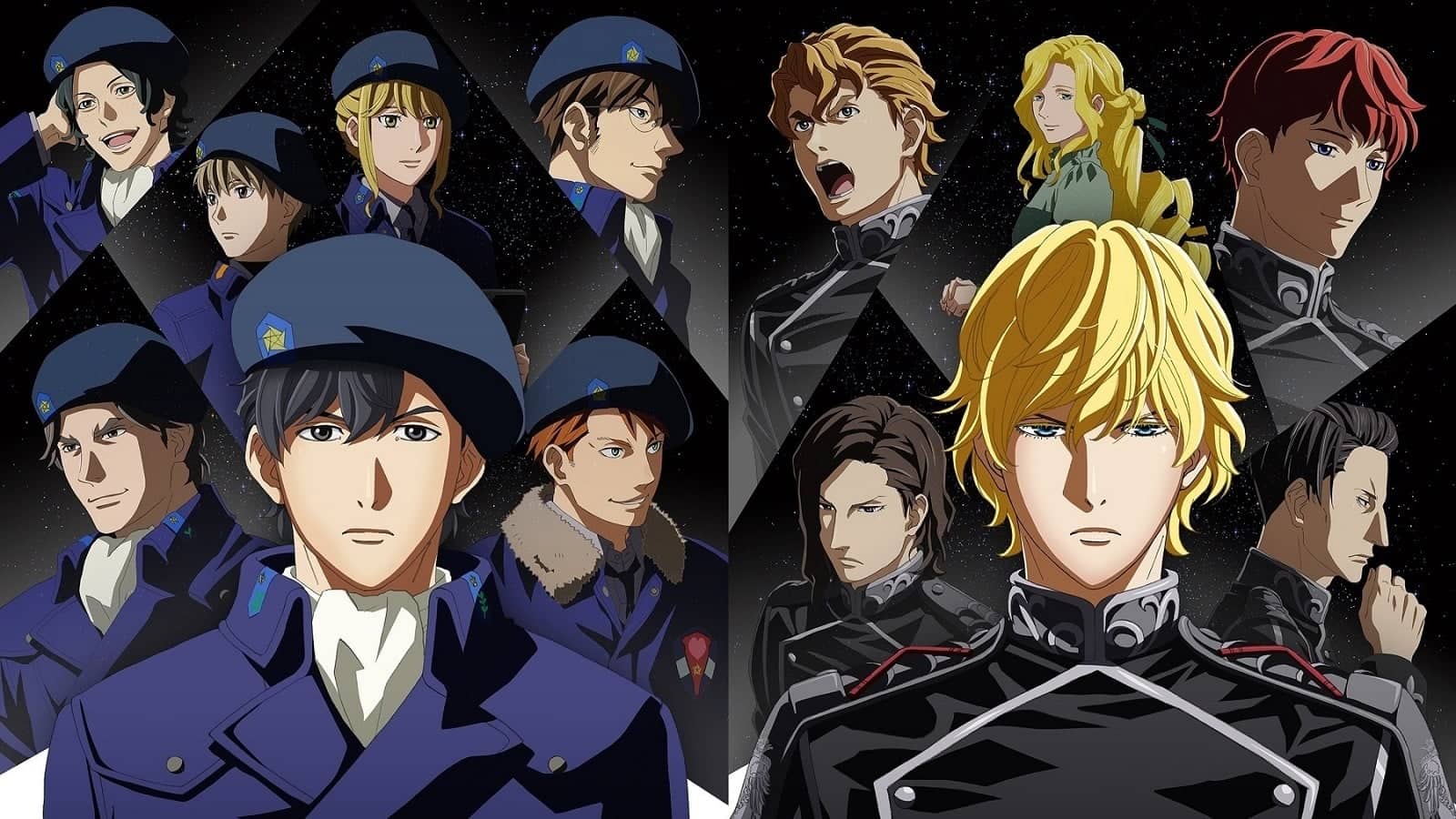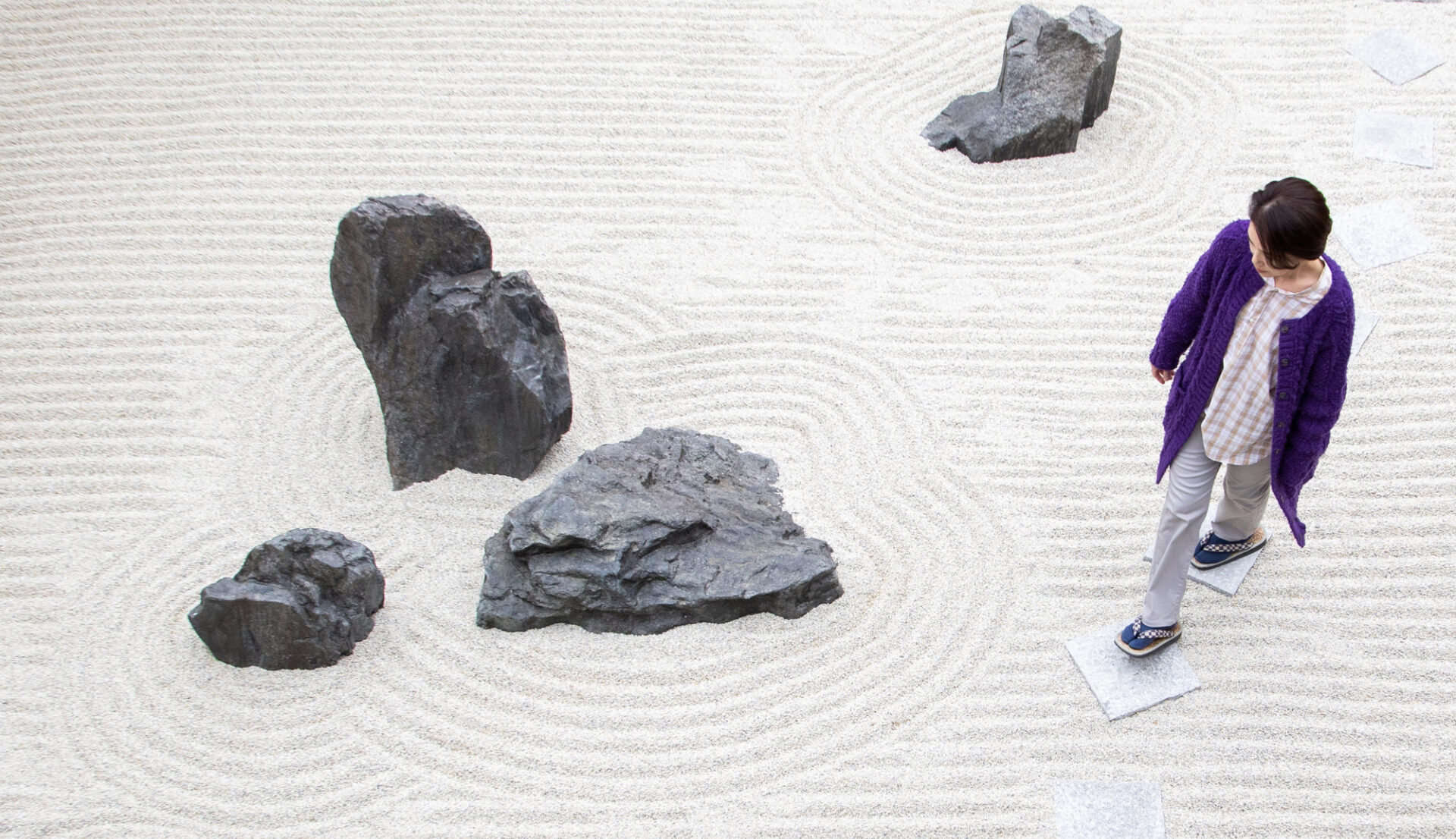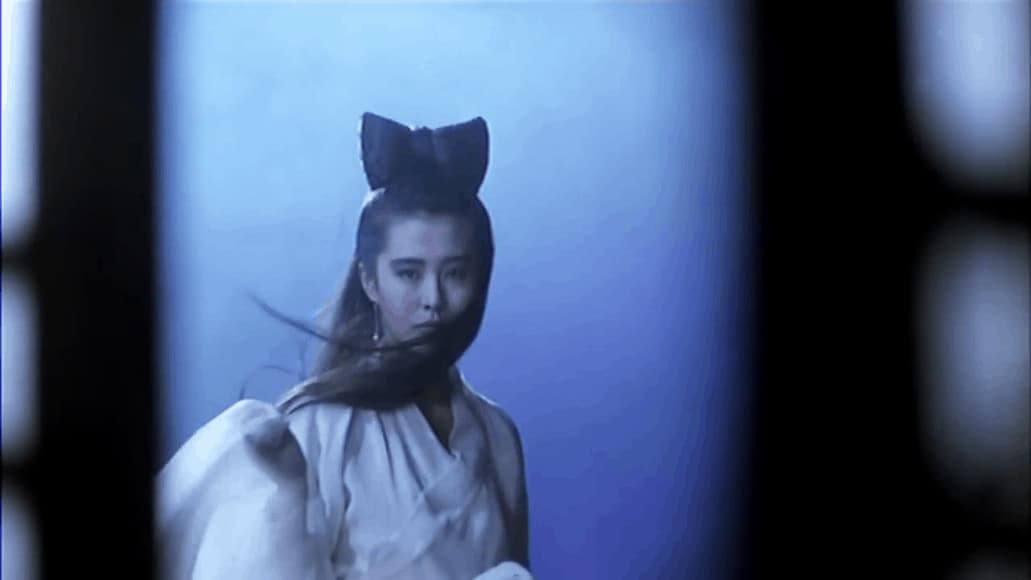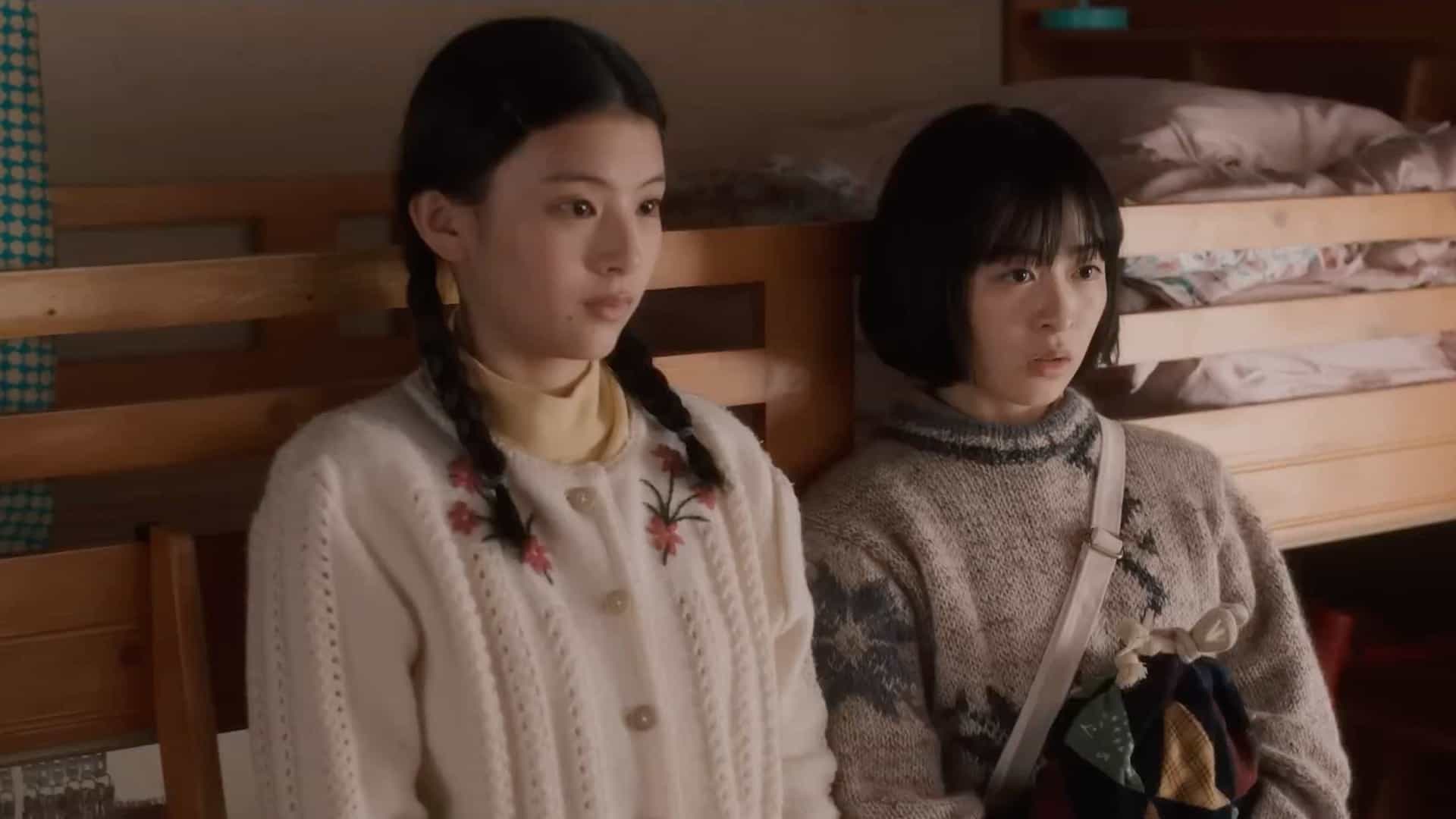Failed romances and failed dreams are put under the microscope in director Atsuro Shimoyashiro's film “The Modern Lovers”, which will be screening in the Indie Forum section of the upcoming Osaka Asian Film Festival.
“The Modern Lovers” is screening at Osaka Asian Film Festival

Tatsuo is an average office worker who seems happy in a content life in the Japanese countryside. He has a steady job and a wife who is pregnant. Yet one day, when he receives a text message from his past lover Marina, with whom he was going steady during his university days, and she asks him to go meet her, Tatsuo takes a trip to Tokyo to meet a college friend he used to make indie movies with in his college days as well as Marina. Hiding the fact from her that he is now married and an expectant father, the two escape to a seaside resort for a passionate day which ignites feelings within Tetsuo did not know he harnessed still.
Spread over three days and as many chapters, Shimoyashiro's film takes a look at an affair between past lovers and at dreams that never came to anything. Every character has regrets over how their life turned, despite being rather well off at the stage they are on. Regrets over a career that never materialised or over a love they were sure would last a lifetime that never went further are lamented over drinks. With the many scenes of drinking and the theme of infidelity, “The Modern Lovers” could well be mistaken for a Hong Sang-soo film, but it lacks the strength of one. That does not, however, go to say that it is a poor film. The script has some decent thoughts in it. As we go into the latter half of this rather short film (it runs at a brisk 81 minutes, including the end credits), we see glimpses of how the focus on a career that came to nought ended a romance between two people that were so well suited for each other.

The day that the two reunited lovers spend together is the film's central chapter and as such, ends up being its most interesting element. The fond conversations of the past, scenes of passionate lovemaking, the date at the batting cage and talks of what could've been is where the film is at its peak. The two characters, self-professed “modern lovers”, are obviously so compatible with each other that it leaves the viewers scratching their heads over why they did not end up together on the long run, a mystery that, eventually, gets resolved satisfactorily. The narrative also explores the concept of “modern love” a bit further, with the character of Tatsuo's lesbian sister taking her lover to meet their mother and in Tatsuo's interactions with his brother-in-law. This central part also involves lots of nudity and extended sex scenes which some might call gratuitous, but from the get-go, this is what Tetsuo's trip had been building up to and thus is a key point in the characters' journeys. They also help in understanding the closeness between the two.
The portrayal of this closeness is further helped by the intense chemistry that the two actors share. Ryu Morioka's Tatsuo comes across as a rather relatable everyman stuck between his duties as a family man and the obvious passionate feelings he has for his past lover. But it is Nanami Kawakami who steals the show as the beautiful Marina. Everything from the quiet gazes she throws Tatsuo's way, to her carefree and strong demeanour and her smile tell us a lot about the strength of the character. It helps that the camera absolutely loves her, capturing her every movement, expression and her body with much grace.

The cinematography also makes the most of the Tokyo setting, taking us into three distinctively different types of bars as Tatsuo drinks with his senpai, Marina and later in the film with his brother-in-law. The beauty of the seaside resort pales only slightly in comparison to Nanami Kawakami's in the scenes of their short tryst. Special mention also goes out to the flashback scene in the park, involving Tatsuo and Marina at the heights of their romance, shot in a lovely bright, almost-overexposed way, depicting the glory of the brightest, most joyous days of their lives. Music also plays a key part in the production, unsurprisingly since director Shimoyashiro is a musician himself as well, and the music by the band Tokyo 60 Watts, which comprises of modern, original songs by the band as well as some vintage Japanese mood tracks like “Love You, Tokyo” by Akira Kurosawa & Los Primos, is fun to listen to, with the latter song being a particular highlight.
Even if “The Modern Lovers” never seems to rise above the beaten track and remains a film that might not leave a massive impression on the viewer.














